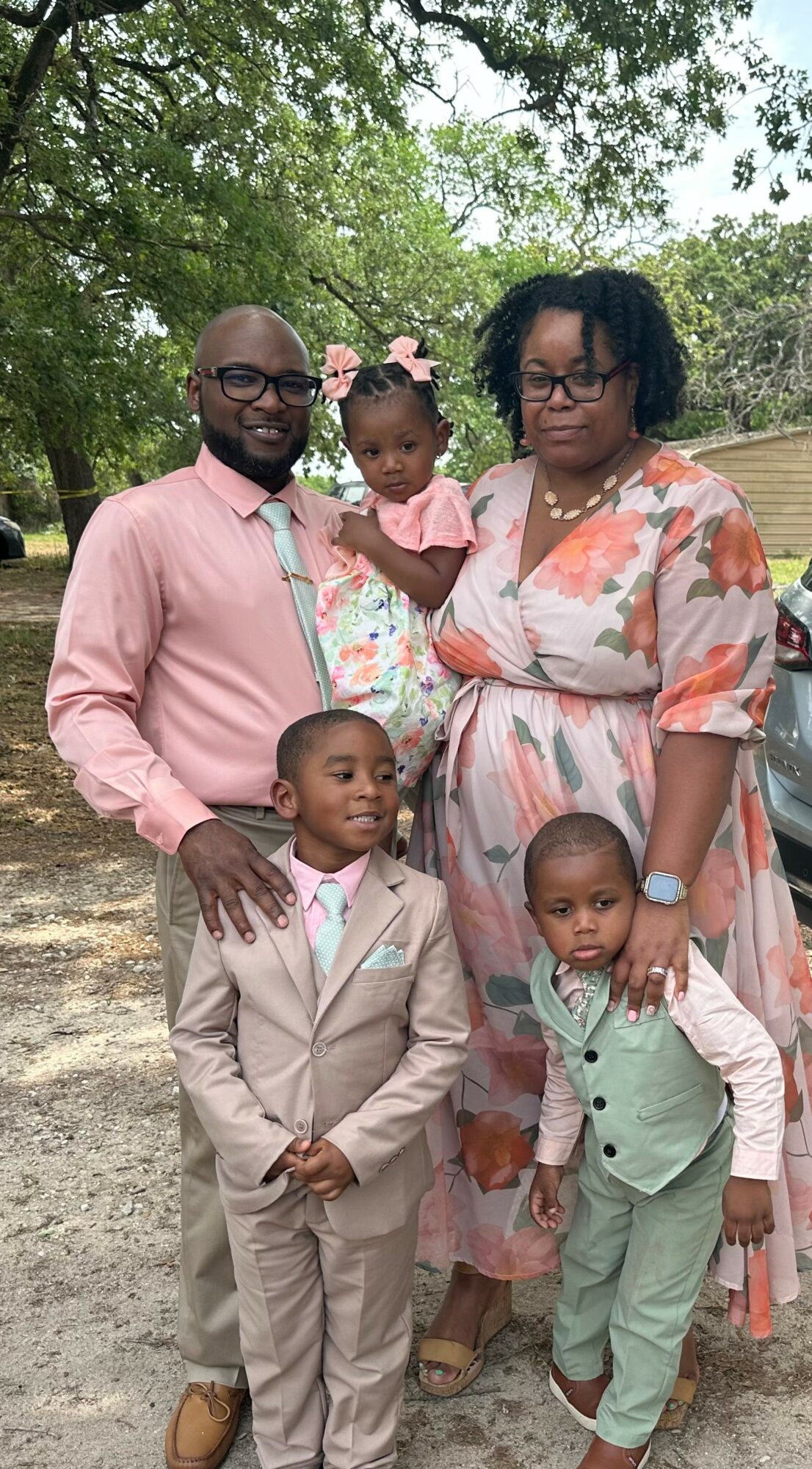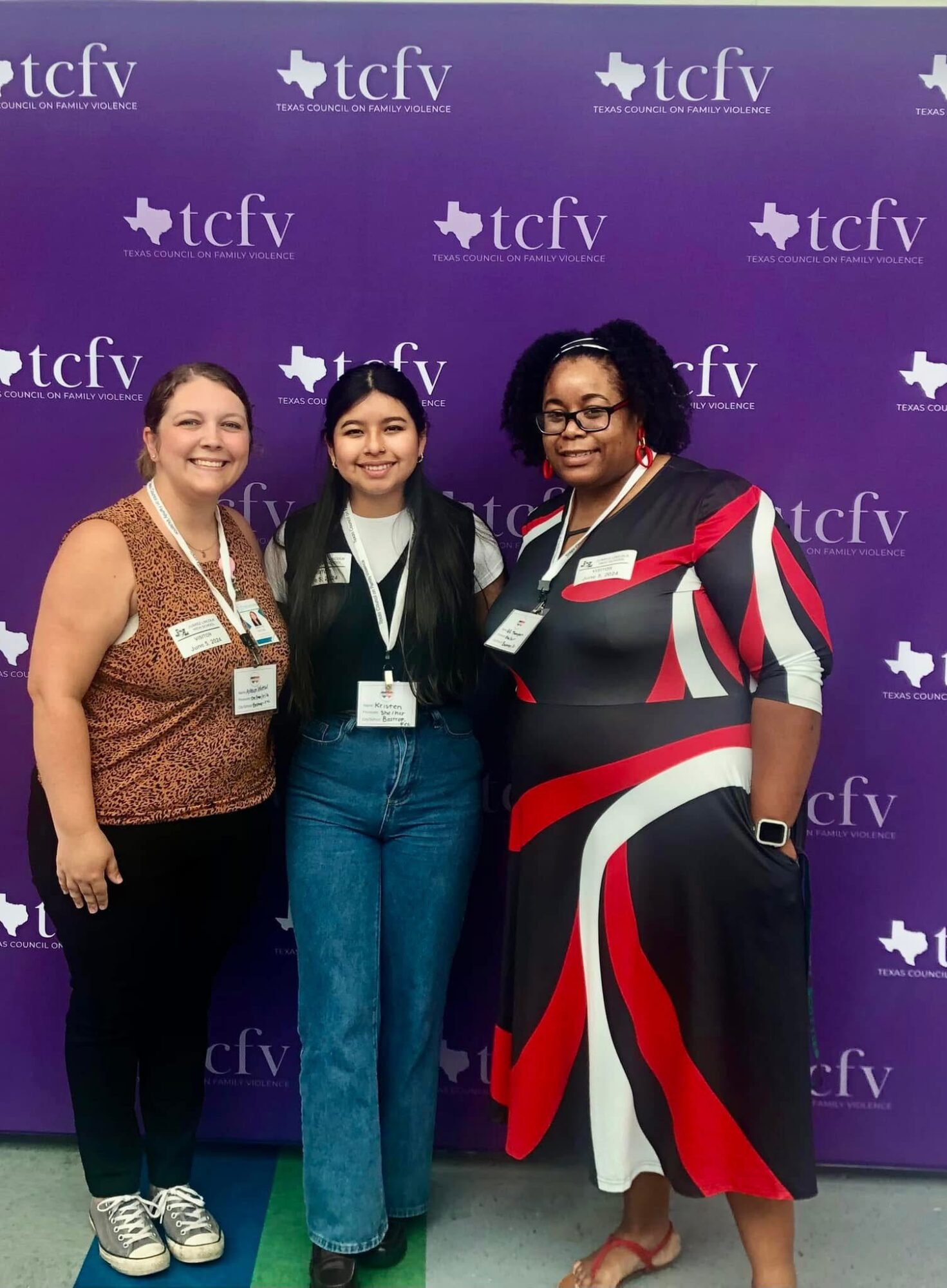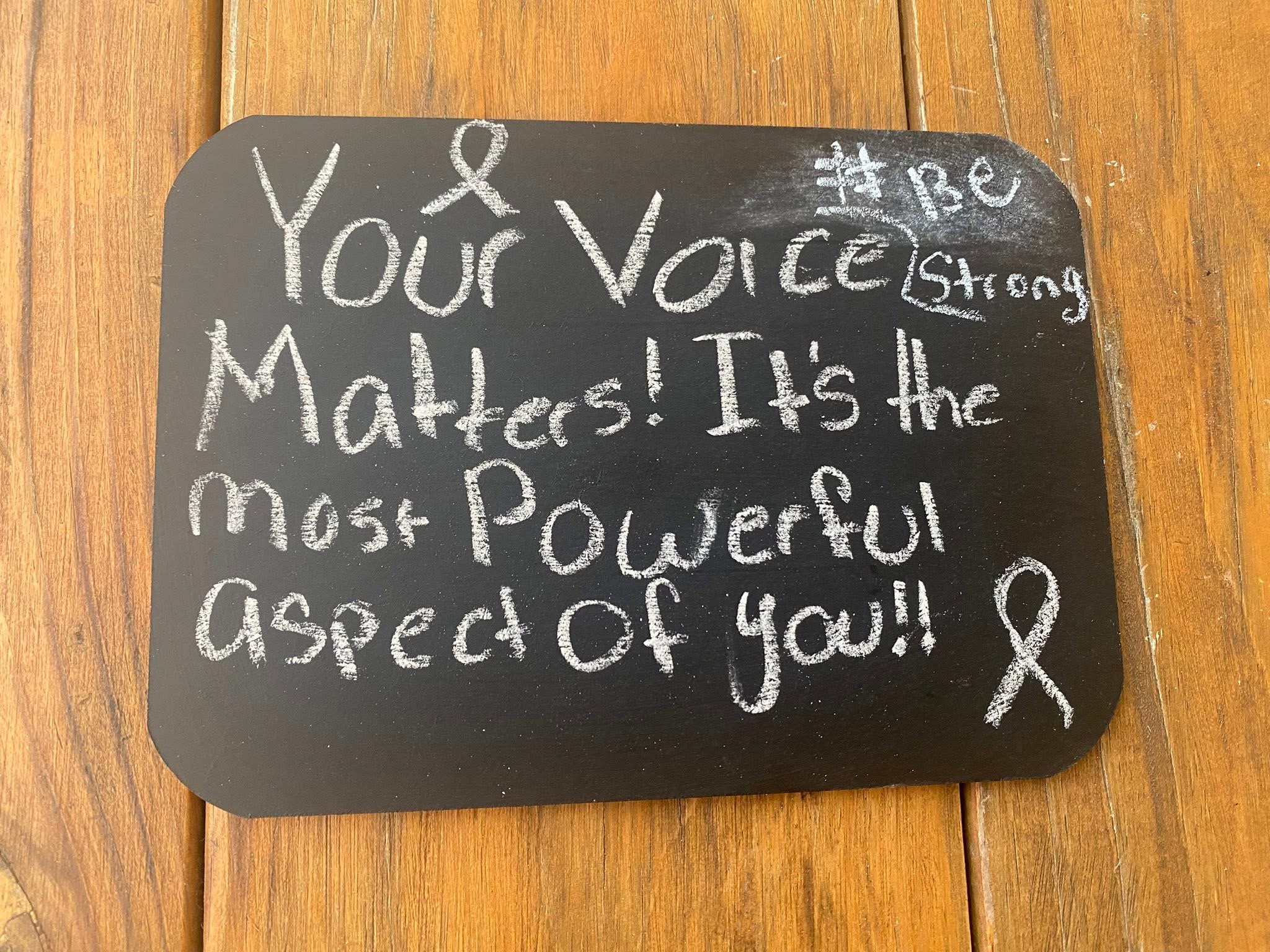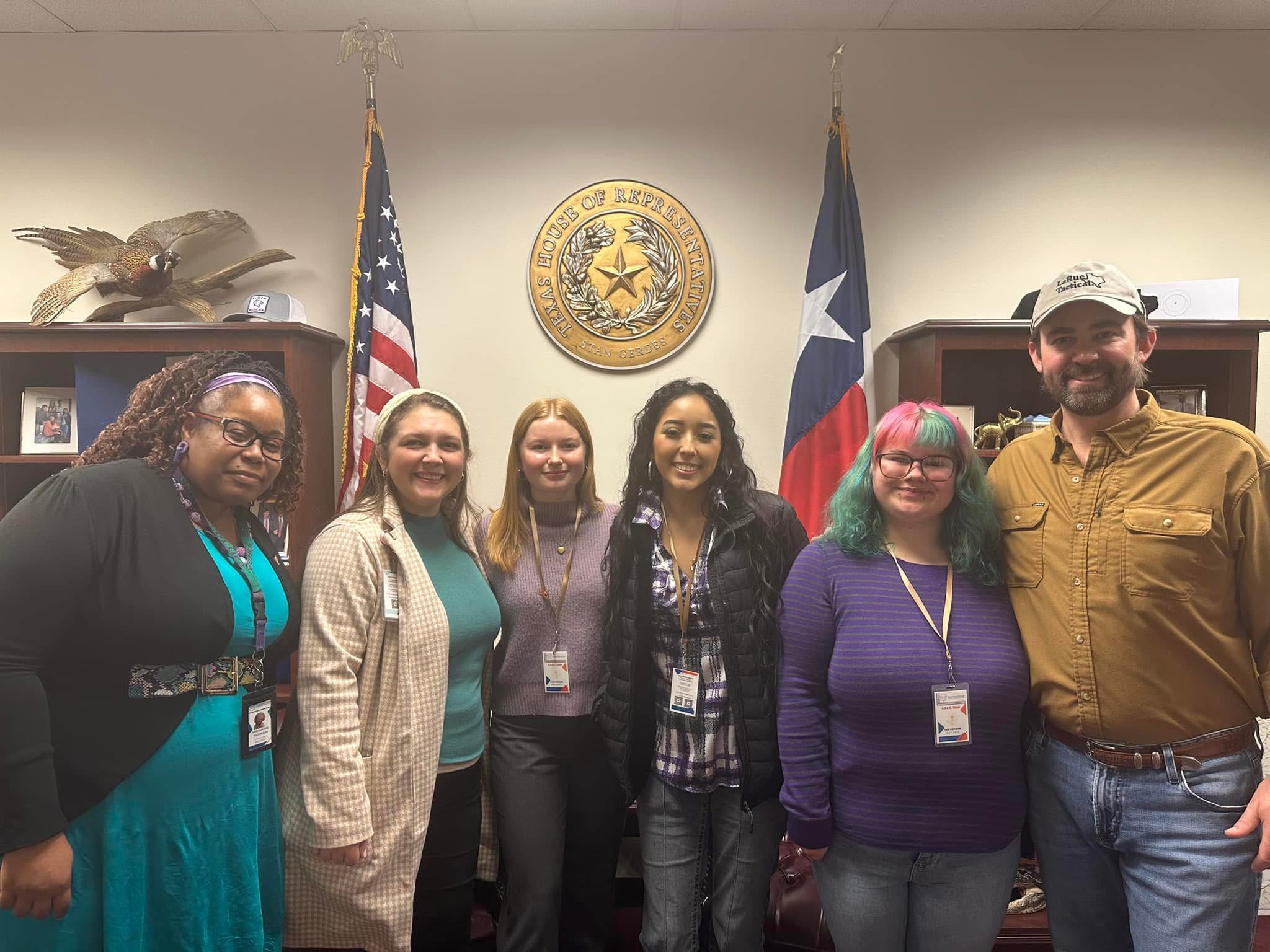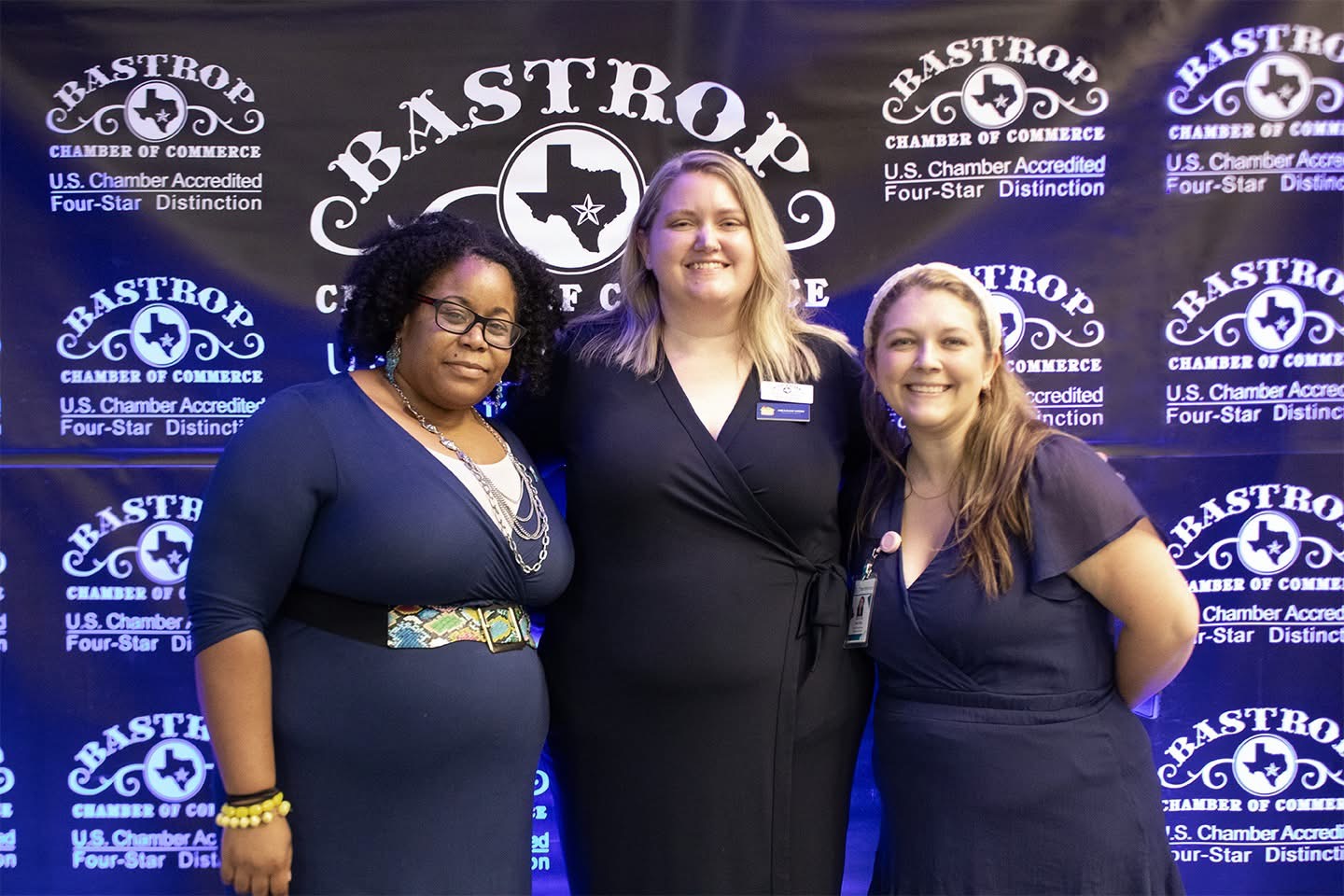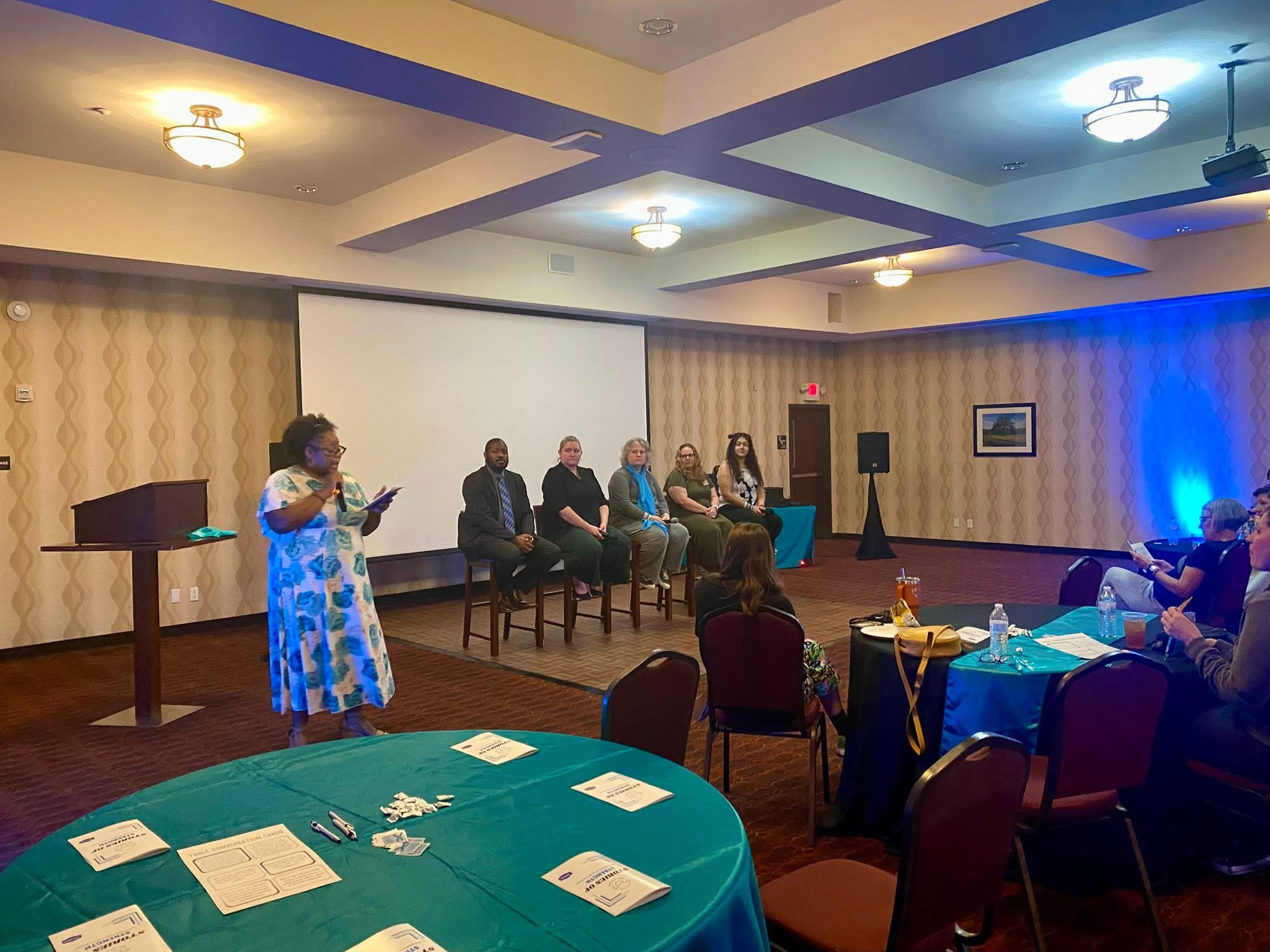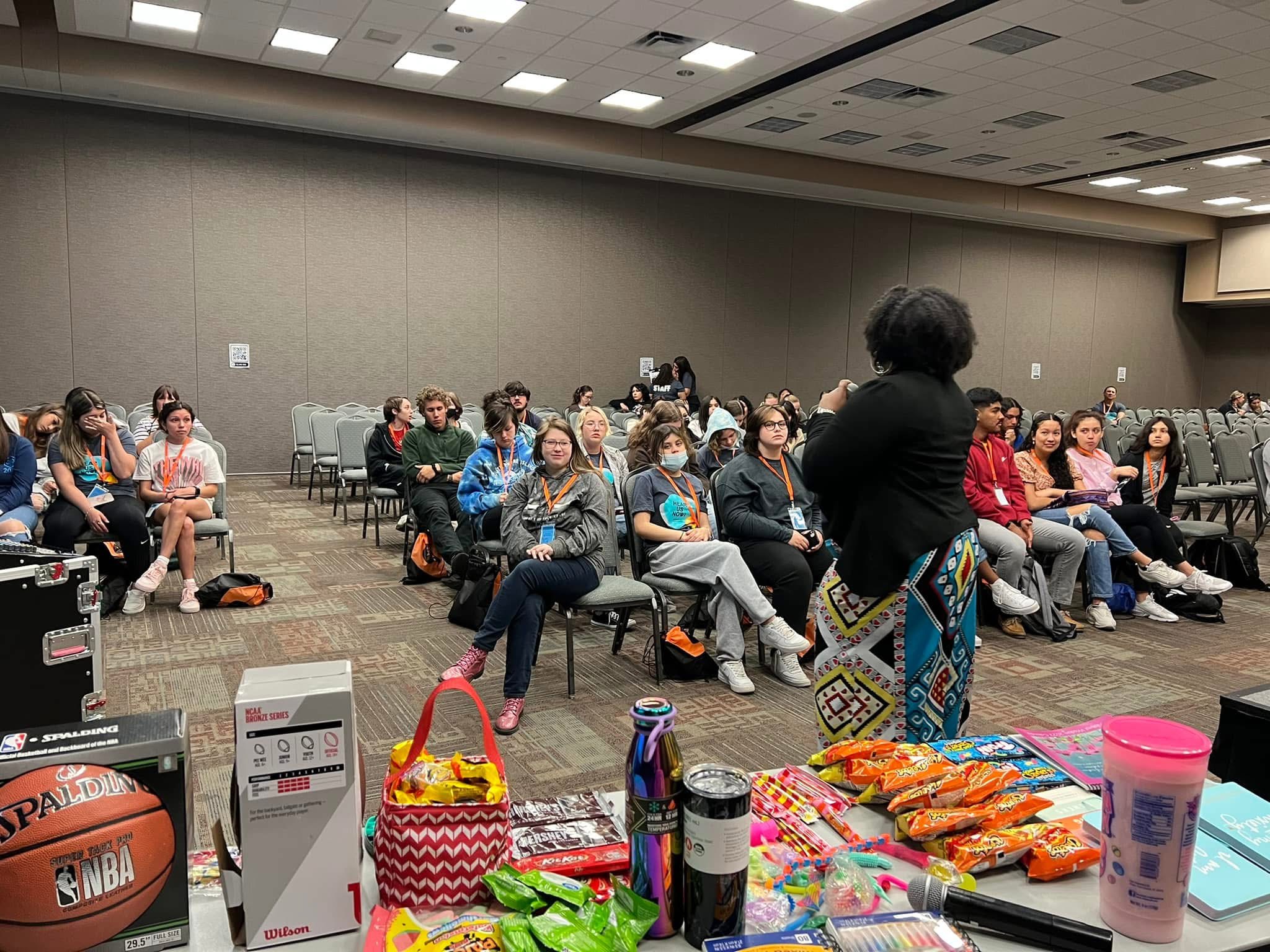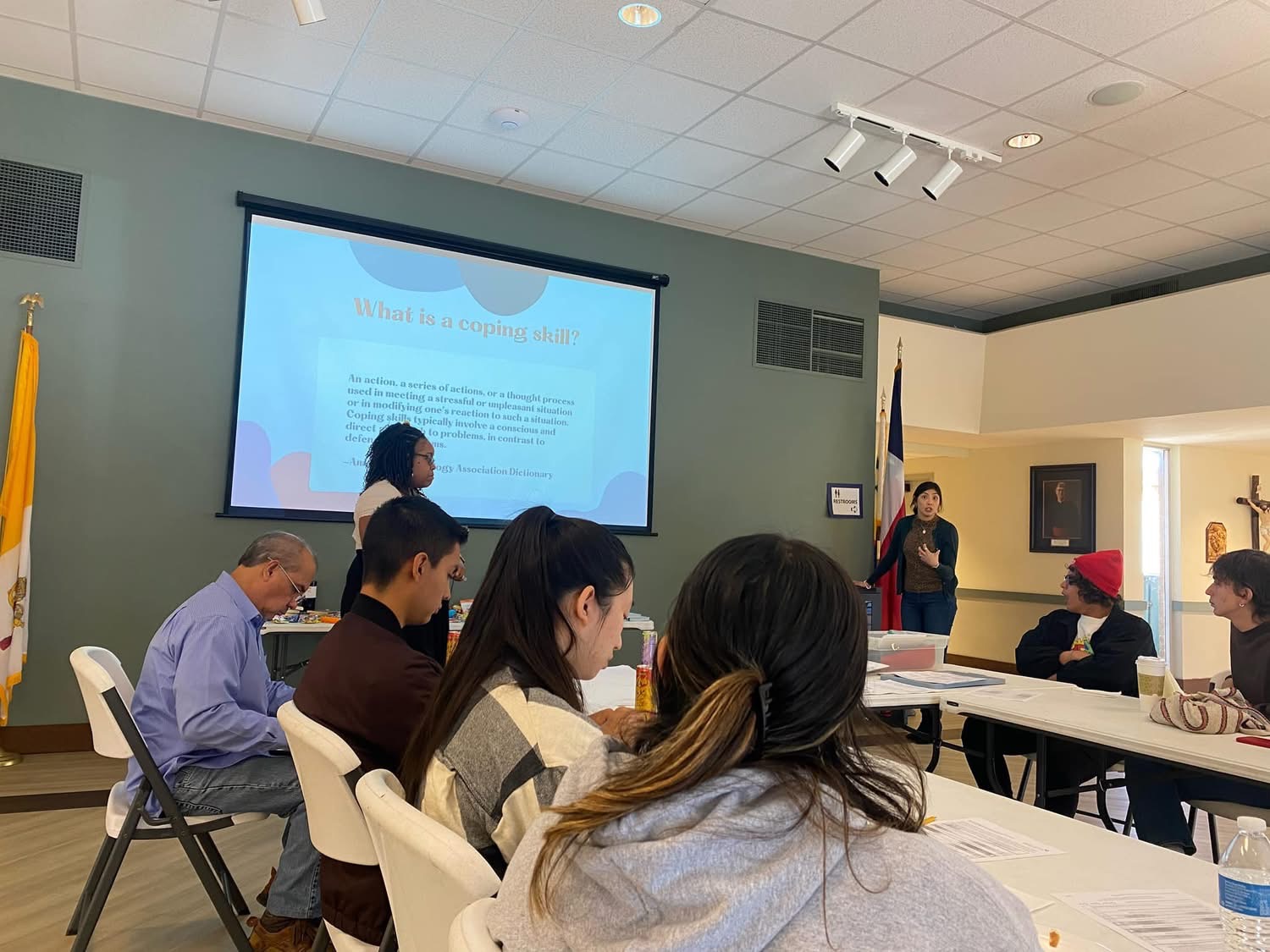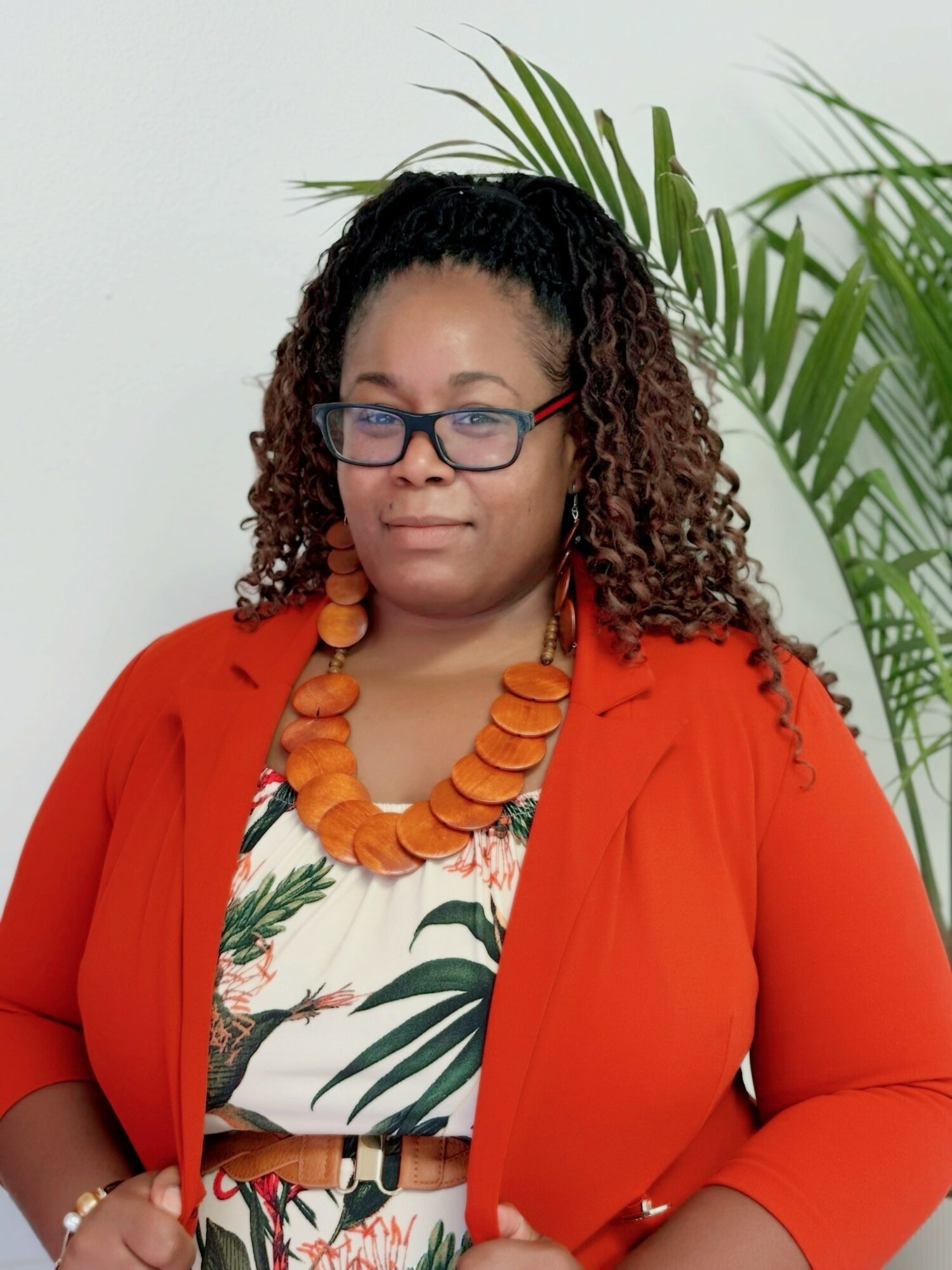

Today we’d like to introduce you to Gerlicia Thompson.
Alright, so thank you so much for sharing your story and insight with our readers. To kick things off, can you tell us a bit about how you got started?
To give perspective on my story, I need to start with some background. Growing up, I often struggled to find my voice. I witnessed injustices—in my family, in the world around me, and especially among my peers. I tried to step in where I could, usually quietly, but my efforts didn’t always make a lasting impact.
I’ve always had a natural love for people and a deep desire to comfort others. Sometimes that meant giving a friend clothes when I knew they couldn’t afford new ones for the school year, or packing extra snacks for someone who might not have any. Those small gestures mattered, but I also encountered situations that went far beyond what I knew how to handle.
In high school, one of my friends was trapped in an abusive relationship. I told her she was worth more and deserved better, but she kept returning—what I now understand as teen dating violence, though I didn’t have the terminology at the time. Another friend was being groomed by an older partner, and yet another was suicidal. I often found myself doing my best to talk them off the ledge, but I didn’t feel equipped with the tools or training to truly help.
These experiences opened my eyes to how many young people silently carry heavy burdens. Too often, society dismisses their struggles with phrases like, “It’s not as bad as it used to be,” instead of providing them with the coping skills and guidance they need. That realization planted the seeds of my passion for working with youth.
Originally, I thought I would become a pediatrician, but my calling evolved into something different: lending a helping hand and an attentive ear to young people however I could. Over the years, I’ve served as an Assistant Preschool Director, a youth sports coach, and a YMCA Camp Counselor and Assistant Site Director. Each of these roles gave me valuable opportunities to make a difference in the lives of youth. While in college, I became a licensed youth pastor, which allowed me to step more formally into equipping young people. Still, it wasn’t until a little over six years ago, when I became a Prevention Specialist, that I found a full-time path in this work.
Today, in addition to serving as a Prevention Specialist, I support my husband’s nonprofit, the DJ Bling Foundation, which is dedicated to advancing and protecting the interests of underserved students and their communities through policy, advocacy, and education. I also serve as Co-Pastor of Christian Interactive Church, where I continue to walk out my faith in service to others.
Whether in my personal or professional life, my aim is the same: to serve people, empower communities, and give youth the tools and support they need to thrive.
Can you talk to us a bit about the challenges and lessons you’ve learned along the way. Looking back would you say it’s been easy or smooth in retrospect?
The path to where I am now hasn’t been an easy one.
On a personal level, one of my challenges has been learning how to address conflict with tact. I’m naturally not a confrontational person, but there have been times when I’ve had no choice but to step into difficult situations.
Academically, my path hasn’t been straightforward either. I went through several shifts in deciding what I wanted my degree to be, all while navigating constant conversations with others questioning whether I could truly make a living from my passions. Professionally, I truly love my job, but there are always individuals who question its necessity. A big part of my work is challenging societal norms and reshaping how communities view violence. But that can be difficult when some people don’t even want to acknowledge that certain forms of violence—especially sexual and domestic violence—exist in our communities.
I’ve had community members tell me things like, “kids are just too soft,” when I bring up the severity of bullying today. We can debate all day about the resilience of youth, but the facts speak for themselves: according to the CDC, youth suicide rates in the U.S. rose by 62% between 2007 and 2021 among ages 10–24. While the numbers have fluctuated since, suicide remains a critical issue we cannot ignore.
The challenges aren’t just about community investment; they also come from shifts in government policies. At one point, my team was allowed to work directly in schools, but due to changes in grants and Texas state guidelines, we’re no longer permitted to facilitate school-based activities. That’s especially disheartening because students valued the information we shared and connected deeply with our presentations and conversations. Another challenge has been navigating shifts in my personal life. When I first started this work, the economy was in a very different place, and I didn’t yet have the family I have now. There were times I had to question whether I could continue doing “heart work” when it wasn’t always financially sustainable. But through it all, my family and I have found ways to make it work, choosing to trust God and remain committed to my passion.
Thanks – so what else should our readers know about your work and what you’re currently focused on?
I currently serve as a Prevention Specialist and Primary Prevention Coordinator for the Family Crisis Center in Bastrop, Texas, where I am part of the Community Awareness & Prevention Education (C.A.P.E.) team. My work centers on leading and sustaining multi-faceted prevention strategies and programs that build stronger, safer communities. That means strengthening community connectedness, increasing knowledge and capacity for change, empowering and engaging youth, promoting gender equity, and reducing violence—with a particular emphasis on preventing sexual violence.
Our team works with a wide range of partners, including youth, local businesses and organizations, city and county governments, churches, and community members who are willing to join us in the effort. Together, we facilitate presentations, deliver trainings, and host events and campaigns that promote healthy relationships and foster environments where people can feel safe and supported. Much of our work is about challenging harmful societal norms and equipping communities with the tools and strategies to address issues such as bullying, domestic violence, teen dating violence, stalking, and sexual violence.
One initiative that is especially close to my heart is our Youth Advisory Board (YAB). This board is made up of teens from high schools across the county—including Bastrop, Cedar Creek, Elgin, and CRCA—who serve as youth leaders and change-makers in their schools and communities. Under our guidance, YAB members receive training on the issues their peers are most likely to encounter. We provide them with resources and practical tools so that they can step into the role of peer liaisons when their classmates are facing crises.
Beyond that, these students become advocates and educators in their own right. They collaborate to challenge harmful social norms, create awareness, and share practical strategies for preventing violence. They organize school and community events, lead campaigns, and hold conversations that help shift the culture toward healthier relationships and safer spaces for all. Watching their leadership develop and seeing the impact they have on their peers is one of the most rewarding aspects of my work. I also had the incredible opportunity to participate in the 2025 Rural Transformative Leadership Institute, which allowed me to further grow as a leader and mentor for those who will come after me. The experience was valuable both professionally and personally, as I believe that in a time when our county and the world are rapidly shifting, a transformative approach is exactly what’s needed to create lasting change in our communities.
Over the past few years, our youth have endured significant trauma, and unfortunately, violence has become normalized as a way of handling conflict. Many of the young people I work with have shared that they don’t feel adults take them seriously or help them navigate their challenges. They’ve also expressed that they often lack the conversational skills to resolve conflict in healthy ways. Having felt the same way as a teenager myself gives me a deeper perspective and an even stronger commitment to investing in the next generation—helping them not only to be heard, but to truly thrive. I believe my life experiences and passion allow me to excel in my work, equipping youth with the tools and resources I once needed but didn’t have. In many ways, I see myself in them—the younger versions of me who wanted to do right but weren’t always sure how. Beyond supporting youth directly, I also have the opportunity to educate the adults in their lives, many of whom may not know how to respond when a young person discloses or may be unaware of the judgment-free resources available to them
Where we are in life is often partly because of others. Who/what else deserves credit for how your story turned out?
I’ve been very fortunate to have incredible people throughout my life who have helped shape the strong, confident woman I am today. My father, Gerald Francis, has always been one of the strongest, most caring, and selfless individuals I know. In my younger years, a family friend, Alethea Smith, poured into me in countless ways that left a lasting impact. During high school, my basketball coach, Dee DeShay, continually pushed me to pursue the greatness within me—both on and off the court—and she still challenges me to this day.
I’ve also been blessed with friends who have played significant roles in my journey. Nicholas Carter, along with the entire Carter family, has been a constant source of encouragement, in addition to my sister Doneyelle Francis, always reminding me that I’m here for so much more. Professionally, I’m grateful to have an amazing partner in this work, Ashlyn Wetsel, who has been my teammate and “partner in crime” as we strive to make lasting change together.
Above all, my biggest support system is rooted in my faith and my family. God has been my ultimate source of strength, and my greatest motivation comes from my husband, Joseph Thompson, and our children—Jojo, Jireh, Gabrielle, and Jezeniah. I truly mean it when I say I couldn’t do this work without them. Their love, encouragement, and unwavering belief in me give me the resilience and capacity to pursue my passion every single day.
Contact Info:
- Website: https://FAMILY-CRISIS-CENTER.ORG
- Facebook: https://facebook.com/fccCAPE
- Other: https://djblingfoundation.org
